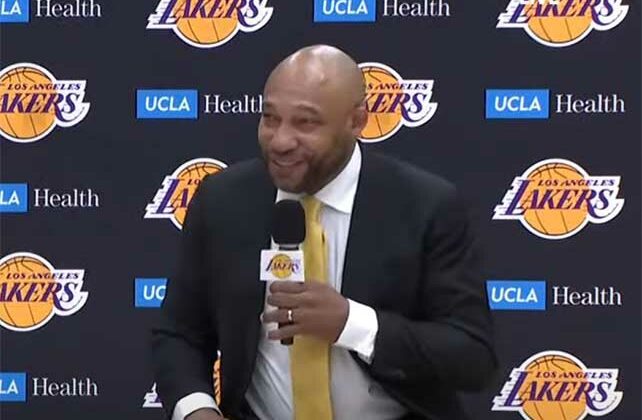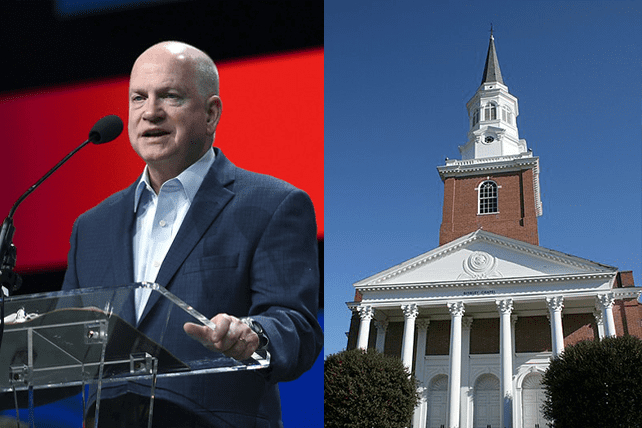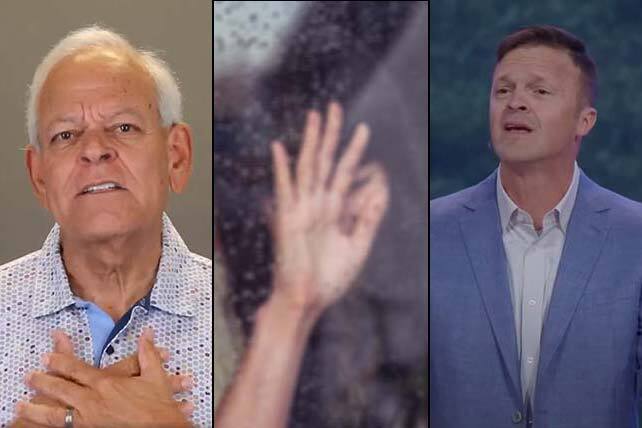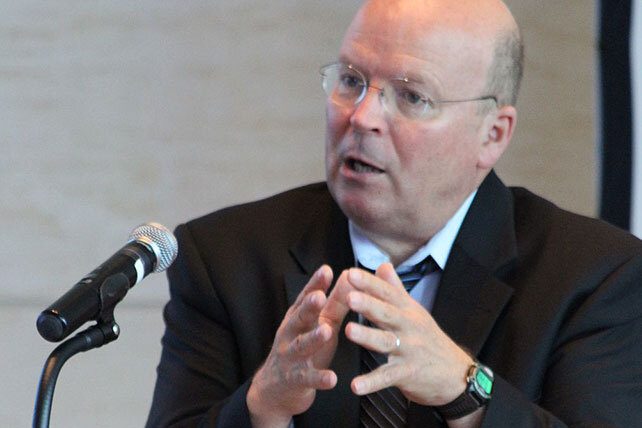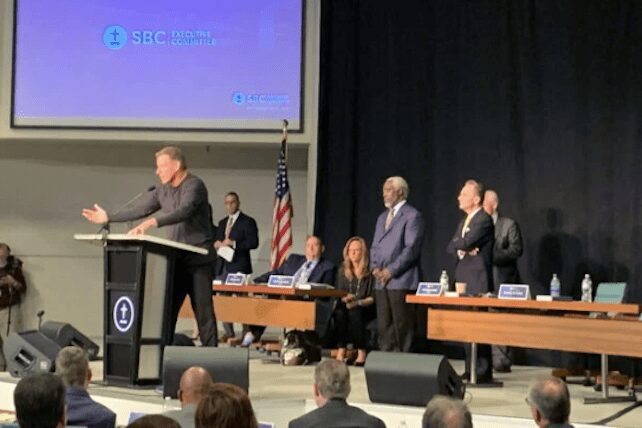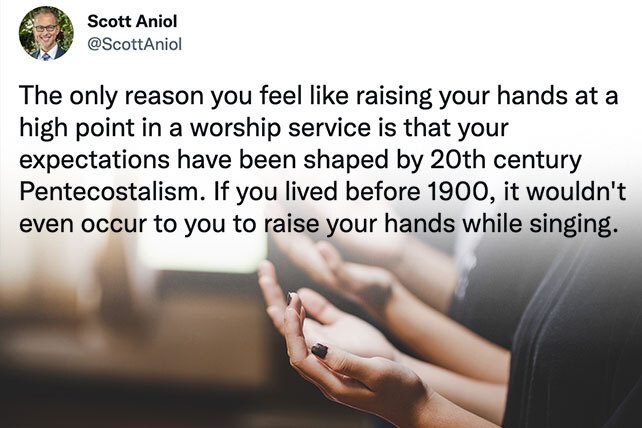
In more than 30 years of psychiatric practice, it is still common for people of faith to confess shame, guilt, embarrassment and spiritual confusion over their struggles with mental illness. My average patient is more comfortable asking for prayer for cancer than mentioning a mental or “emotional” struggle to his or her faith community. Most of my patients struggle in silence as they have heard mental illness described as being a function of spiritual weakness, a personality deficit, a salvation issue or the lack of properly applied faith. They have tried to pray it away, claim appropriate Scriptures, simply get over it or plead for a miracle. When the immediate miracle does not transpire, some become so frustrated and hopeless they curse the day they were born (Job 3).
Mental Illness and the Christian Perspective
There are two basic problems with the inherent thesis that Christians should be immune from mental illness. First is the assumption that it is inconsistent with a biblical worldview for a person of faith to struggle with emotional issues. This orientation means the abundant life of John 10:10 does not include seasons of despair and emotional agony. Moreover, depression, anxiety, fear and confusion are not considered fruits of the Spirit and, thus, not part of the victorious Christian life. However, this stance can only be properly defended if one omitted most of the Psalms, the Book of Job, many of the personal experiences of the prophets, most of Isaiah 53, and the entire Book of Lamentations.
Jesus would have healed everyone the same way… and instantaneously. There would be no room for multiple variations of touching the eyes in healing. Words such as “suffering” and “heaviness” would need biblical omission and the Apostle Paul would not have a “thorn in the flesh” that he could not pray away. There would not be a need for a community of faith to comfort one another (I Thessalonians 5:11); listen to, and pray for, each other (James 5:16); and support each other through all manner of trauma and pain (Galatians 6:2, Acts 20:35, I Thessalonians 5:14). The reality is that the Bible is a “book of trauma” that describes many lives that were punctuated with pain. The message of the Bible is that God cares and has provided help for us to respond differently to the pain we experience.
Second, this position assumes that emotional symptoms consistently dictate a specific affective or spiritual causation, leaving no room for medical intervention. This is not defendable biblically as Nehemiah, David, Jeremiah, Job, Peter, Judas, Ezekiel and Elijah were all depressed at some point in their lives—for very different, not uniform, reasons. Furthermore, this view leaves no room for the impact of the central nervous system, especially the brain, as a mediator of emotional issues. In fact, the brain is not treated as an organ but, instead, relegated to a hybrid status as part physical and part spiritual.
In reality, the brain is an organ that impacts emotional perception and mood regulation, along with a myriad of other functions—motor movement, cognition, basic body drives (e.g., breathing, memory, and sensory perceptions such as hearing, sight, and taste), etc. As an organ, the health of the brain can be affected by toxins, infections, hormonal and metabolic imbalances, sleep deprivation, head injuries, insulin resistance, inflammation, degenerative changes, vitamin deficiencies, changes in blood supply, tumors, autoimmune diseases, and measurable genetic defects in the synthesis and management of brain chemicals such as serotonin. All of these factors can result in emotional, cognitive or behavioral symptoms that are consistent with mental illness.
The use of psychotropic medications as part of a holistic treatment plan is often frowned upon by people of faith and their theology who, as Christians, believe they could be spiritually harmed by taking them. The rant about psychiatry is often misapplied, especially given the fact that the majority of psychiatric medications in this country are written by primary care physicians and gynecologists. Nevertheless, even appropriately used medications should not be a substitute for Christian counseling or spiritual formation. Medication may decrease depression and isolation, but it does not promote joy or unconditional love… it can decrease worry, but cannot give peace in the midst of trouble… it can reduce rage about trauma, but does not synthesize forgiveness.
I encourage churches to actively train and deploy “Christian firemen”—running toward those being devastated by the “flames” of mental illness when everyone else is running away. Mental illness is very common within our churches and local communities. When we see people in need, we must endeavor to create a safe environment and listen to them, for they are our brethren (James 1:19). Then, we should minister to them with the trifecta of faith-based care—hope based on God’s love, appropriately applied science, and the ultimate truth of God’s Word.
This article originally appeared in Christian Counseling Today, Vol. 21 No. 2. Christian Counseling Today is the flagship publication of the American Association of Christian Counselors. To learn more about the AACC, click here.

